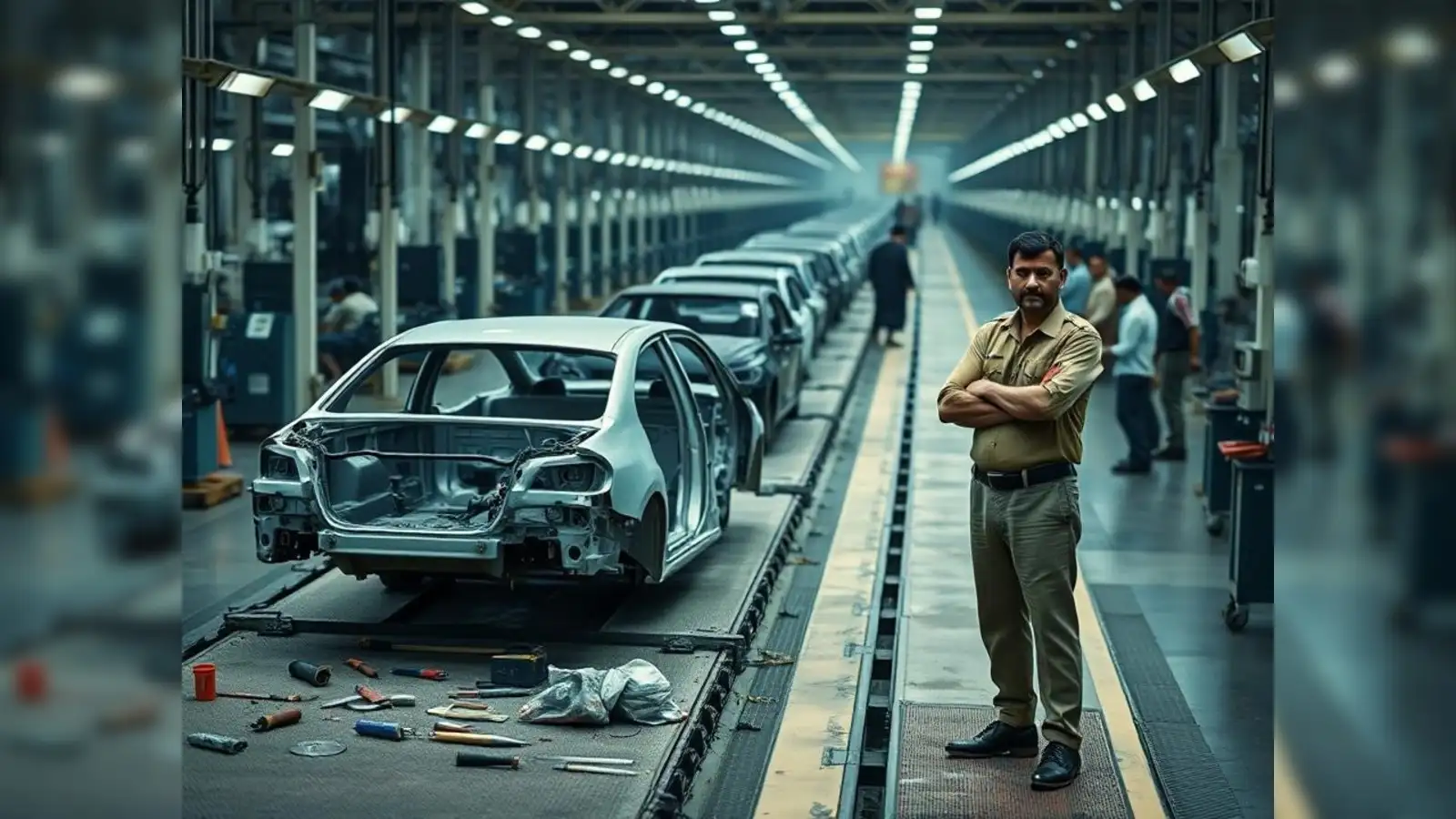Auto Companies Highlight Risks in China’s Magnet Supply Chain

The Indian auto industry is sounding the alarm over potential production halts due to export restrictions on rare earth magnets from China. This situation could lead to the suspension of certain vehicle models starting this week, with a complete shutdown anticipated by mid-next month. The restrictions, aimed at preventing the use of these materials in defense applications, threaten to disrupt the supply chain for major automakers, including Maruti Suzuki, Mahindra, Hyundai, and others.
Impact on Production and New Model Launches
The recent export curbs imposed by China on rare earth magnets have raised significant concerns within the Indian automotive sector. These magnets are crucial components in various automotive applications, including speedometers, electric motors, and ignition coils. The restrictions could hinder the launch of new vehicle models and disrupt production across the entire value chain, affecting passenger vehicles, two-wheelers, and commercial vehicles. Major manufacturers such as Maruti Suzuki, Mahindra, Hyundai, Kia, Hero Moto, TVS, and Bajaj Auto are among those at risk of production delays. The urgency of the situation has prompted auto companies to engage with government officials to seek clarity on the procurement process for these essential materials.
Government Response and Industry Discussions
In response to the crisis, the Indian government is actively working to address the challenges posed by the export restrictions. Heavy Industries Minister H D Kumaraswamy announced plans to send a delegation of industry executives to China within the next few weeks to discuss the matter directly. The government has been in discussions with various departments and has also consulted with the Chinese embassy in India. However, despite these efforts, a viable solution has yet to be reached. The approval process for procuring rare earth magnets is complex, requiring multiple endorsements and final approval from China’s Ministry of Commerce.
Concerns from Major Automakers
Automakers are expressing growing concern over the potential impact of these export restrictions on their production capabilities. Maruti Suzuki has indicated that while they have submitted an import application, it is challenging to provide specific timelines for when they might receive a response. The company’s senior executive director, Rahul Bharti, emphasized that the current situation is not a restriction but rather an endorsement of end-use, suggesting that they will keep stakeholders informed of any developments. Meanwhile, Bajaj Auto has warned that the issue could severely affect their electric vehicle production by July, highlighting the urgency of the situation.
Future Steps and Industry Initiatives
As the situation unfolds, industry bodies such as the Society of Indian Automobile Manufacturers (SIAM) and the Automotive Component Manufacturers Association (ACMA) are planning to visit China as soon as possible. Their goal is to expedite the permissions necessary for procuring the rare earth magnets essential for both traditional and electric vehicles. The auto industry is keenly aware of the potential ramifications of these export restrictions and is taking proactive steps to mitigate the impact on production and new model launches. The coming weeks will be critical as stakeholders work to navigate this complex issue.
Observer Voice is the one stop site for National, International news, Sports, Editor’s Choice, Art/culture contents, Quotes and much more. We also cover historical contents. Historical contents includes World History, Indian History, and what happened today. The website also covers Entertainment across the India and World.
Follow Us on Twitter, Instagram, Facebook, & LinkedIn

